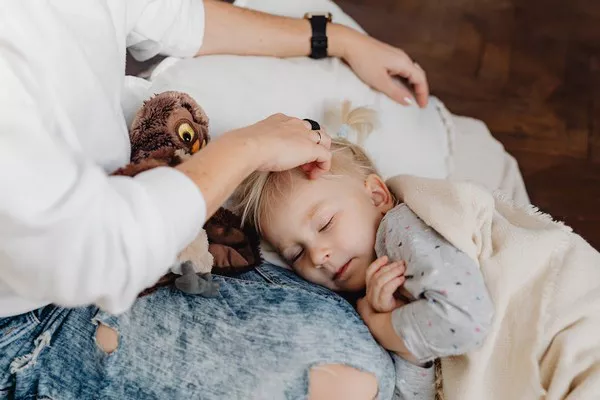Welcoming a newborn into your life is a moment of joy and responsibility. As new parents, it is natural to have countless questions and concerns, especially when it comes to ensuring your baby’s safety and well-being. One common query is whether it is safe to leave a newborn alone to sleep. In this article, we will explore the topic of newborn sleep, discussing safe sleep practices, the importance of a conducive sleep environment, and tips to promote healthy sleep patterns for your little one.
Understanding Newborn Sleep Patterns
Newborns have unique sleep patterns characterized by frequent waking, shorter sleep cycles, and varying sleep durations. During their first few months of life, babies sleep for around 14 to 17 hours a day, with individual variations. As a parent, it is crucial to recognize and respect your baby’s sleep needs, even if it means you have to adapt your daily routine to cater to their restful moments.
Safe Sleep Practices for Newborns
The American Academy of Pediatrics (AAP) recommends the following safe sleep practices for newborns:
Back to Sleep: Always place your baby on their back to sleep. This sleeping position reduces the risk of sudden infant death syndrome (SIDS) significantly.
Firm Sleep Surface: Ensure your baby sleeps on a firm, flat surface like a crib or bassinet. Avoid using soft bedding, pillows, or cushions, as they pose suffocation hazards.
Room Sharing: Consider sharing a room with your newborn for at least the first six months, preferably until they turn one. Having them nearby makes nighttime feeding and comforting more manageable while reducing the risk of SIDS.
Temperature and Dress: Maintain a comfortable room temperature (around 68 to 72 degrees Fahrenheit) and dress your baby in a sleep sack or appropriate sleepwear to avoid overheating.
Avoid Smoking and Alcohol: Never smoke or allow anyone else to smoke around your baby. Additionally, avoid consuming alcohol before co-sleeping with your little one.
Gradual Independence
While it is essential to provide constant care for your newborn, promoting gradual independence during sleep is also beneficial. Encourage your baby to self-soothe by using techniques like swaddling, gentle rocking, or playing soft, calming music. These methods can help your baby learn to fall asleep independently over time.
Naps and Awake Times
Understanding your baby’s awake times and nap durations is essential for maintaining a balanced sleep routine. Newborns can only handle short awake periods, usually 45 minutes to 1 hour. Create a nap schedule that aligns with your baby’s natural circadian rhythm to prevent overtiredness and sleep disturbances.
White Noise and Sleep Associations
Using white noise machines can mimic the sounds your baby heard in the womb, creating a comforting environment for sleep. However, be cautious not to create a sleep association that solely relies on white noise. Babies may become dependent on it to fall asleep, which can be challenging to sustain in various settings.
Nighttime Feedings
Newborns need frequent nighttime feedings for proper growth and nourishment. During the first few months, it is normal for your baby to wake up multiple times during the night. Embrace this as a natural part of their development and be available to meet their nutritional needs.
Recognizing Sleep Cues
Understanding your baby’s sleep cues is crucial in establishing a successful sleep routine. Common sleep cues include eye rubbing, yawning, fussiness, and gazing into space. By responding promptly to these cues, you can help your baby transition into sleep more easily.
Conclusion
In conclusion, ensuring a safe and conducive sleep environment for your newborn is vital for their well-being and development. By following recommended safe sleep practices, respecting your baby’s sleep patterns, and gradually encouraging independent sleep, you can create a healthy sleep routine for your little one. With proper care and attention, your baby can enjoy restful nights, and you can embrace the joys of parenthood with confidence.


